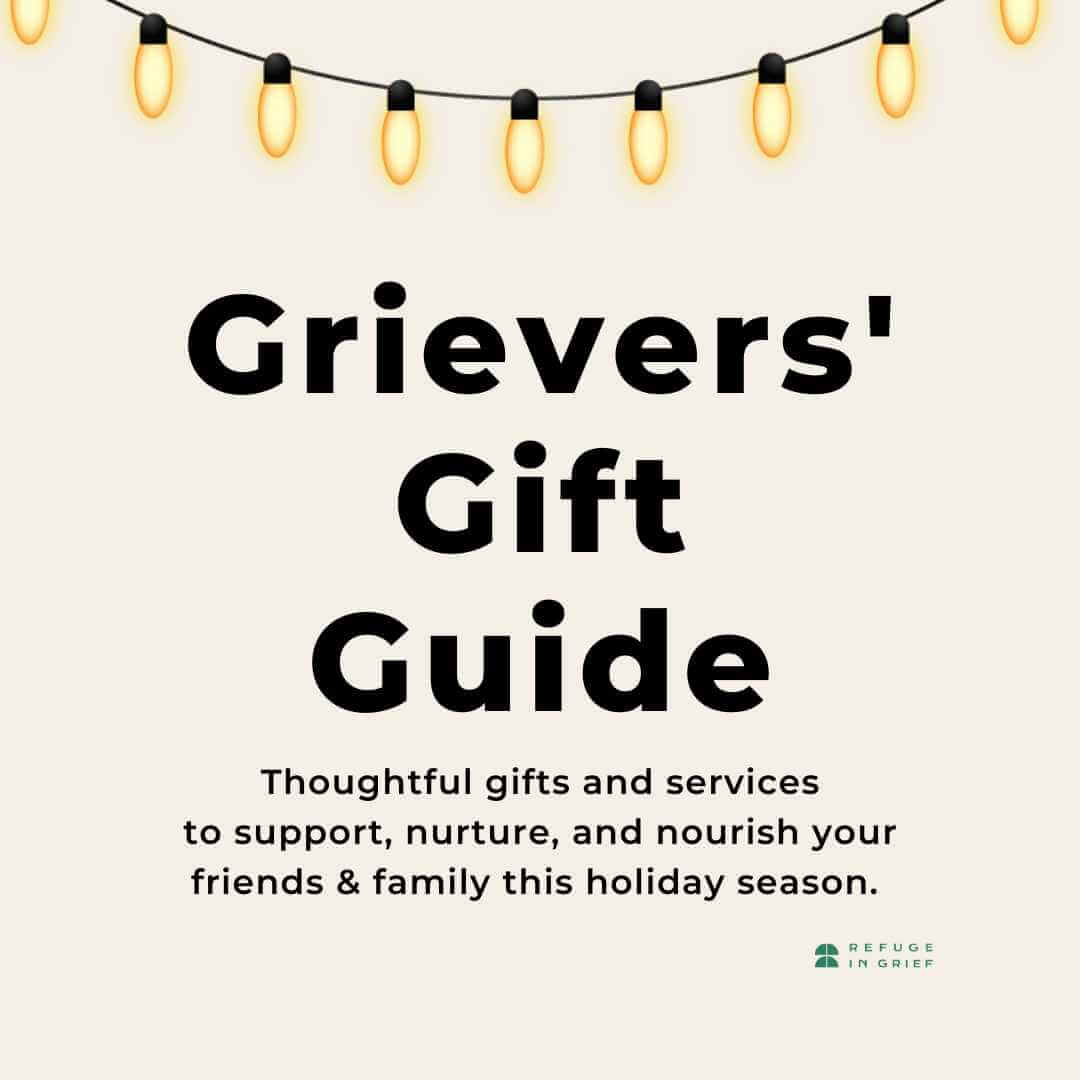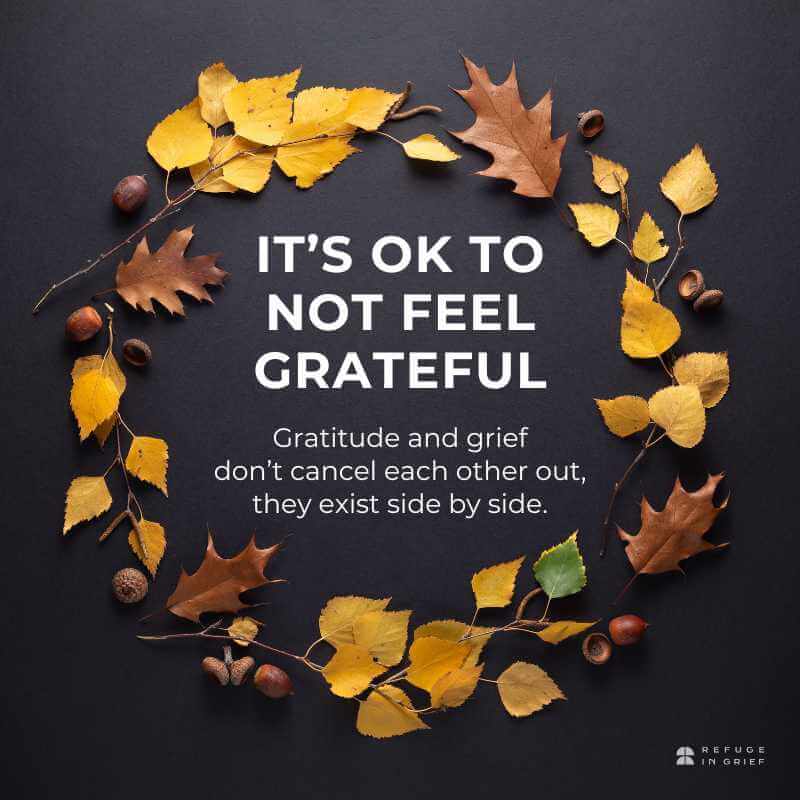how to find a good grief therapist
Finding the right therapist is hard in just ordinary life. It’s a weird thing, right? You enter a string of search terms, looking for some stranger who will listen to all the stuff you won’t (or can’t) tell anyone else.
It takes a lot of courage to look for a therapist. But what happens when your life has legit gone sideways – your baby died, or your partner went missing after their usual bike ride, or your perfectly healthy sister died of a fast-moving cancer?
Finding support in your deepest grief is seriously hard. Let talk about things to look for in a good grief therapist.
Broadly speaking, while looking at a therapist’s website I’d avoid terms like: positive psychology, resilience, strengths-based, or anything that speaks of grief in terms of “recovery.” Be extra cautious if someone references “complicated grief.” That’s often code for viewing grief as a disorder. Their approach might be empathetic, but they might believe that grief is a problem to be solved. If you see that term, ask more questions.
If it’s relevant to how your person died, look for the term “trauma informed” in their expertise and training. CBT (cognitive behavioral therapy) isn’t necessarily bad. If they’re using it as a way to help you interrupt obsessive thought spirals, or change behavior, it’s probably fine. If they’re using it to get you to stop grieving, that’s a flat no.
Once you’ve sorted a handful of websites based on their language, experience, and general vibe, check out their social media channels: what sorts of things do they post? Are they heavy with platitudes? Does their website or social media go heavy with the rainbows and “you are stronger than what’s happened to you!” garbage? Or do they seem thoughtful, aware of trauma and its long reach? Just based on what they post, you can weed out the hard noes and get yourself a short list of maybes.
Once you have a list, this short video goes through a bunch of questions you can ask the person in what should be a free first phone call or email volley. You’ll get super useful info from their answers.:
Be prepared for it to be a bit tedious, and to find a lot of junk before you find a good one. There ARE good people out there. It takes a bit of sleuthing to find them, but they’re out there. Once you have your short short list of people who pass the website, social media, and initial questions tests, try them out.
Remember that you don’t need to have a “good reason” to not like someone. Therapy is FOR YOU. Ask for what you want.
It’s helpful for both parties if you write out a list of what you’re looking for in therapy itself: Do you need help with things like panic attacks, intrusive thoughts, sleep issues, relationship challenges, etc? Are you looking for ways to find, if not joy, then contentment or interest in life alongside your grief? Do you need a place where you can talk openly without working on any “strategy” – not the terrible solve grief strategy, but strategy around improving sleep, decreasing panic, etc. – this might mean you’re looking for validation and listening from your therapist, more than anything else.
Knowing roughly what you want out of therapy helps you know whether someone is a good match at the outset, and also helps you decide whether you’re getting what you need.
You just got up the courage to see a therapist, and as your story unfolds, they look at you like a deer in headlights. Just - no. Finding a great grief therapist is hard. Let's make it easier for you. Click To TweetYou deserve good support, from as many skilled sources as possible. One great place is the Writing Your Grief course. No platitudes, no advice, no cheerleading – just acknowledgement, support, and true community. The next session opens soon. We saved a place for you.
How about you? How’s your search for a great grief therapist going? What do you wish therapists would know about grief? Let us know in the comments. And therapists? Let me know what you wish you knew. We’re building stuff to help you be more awesome.
Grief is really rough. It takes a toll on your mind, your body, your relationships – everything. Feeling like you’d rather not wake up in the morning is very different than thinking about actually harming or killing yourself. Please. If your pain is too great, reach out for help. There are people who have been where you are.
If you are in crisis, call the U.S. National Suicide Prevention Lifeline, a free, 24-hour hotline, at 1.800.273.8255. If your issue is an emergency, call 911 or go to your nearest emergency room. Additional helplines – including those outside of the US – can be found here. The content and comments sections on Refuge in Grief are not a substitute for compassionate, skilled care in your chosen communities. For more on the limits to the service we provide, please read our safety page, here.


